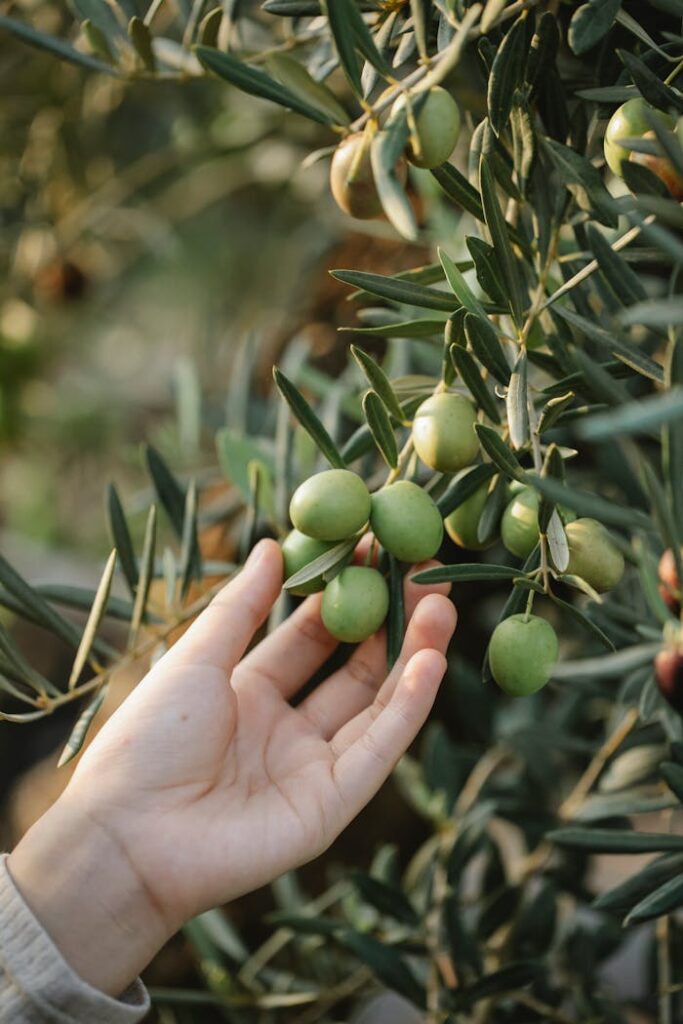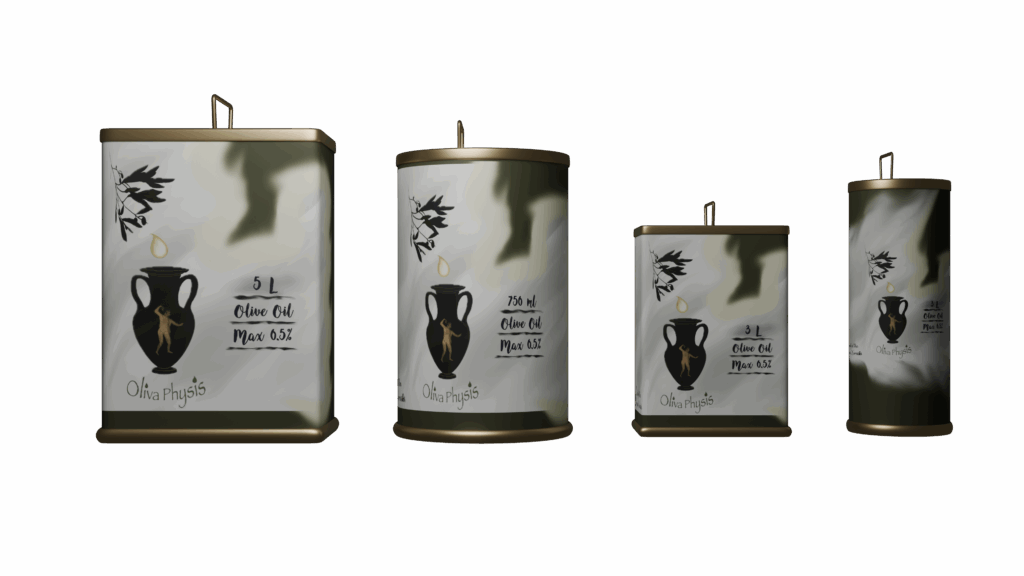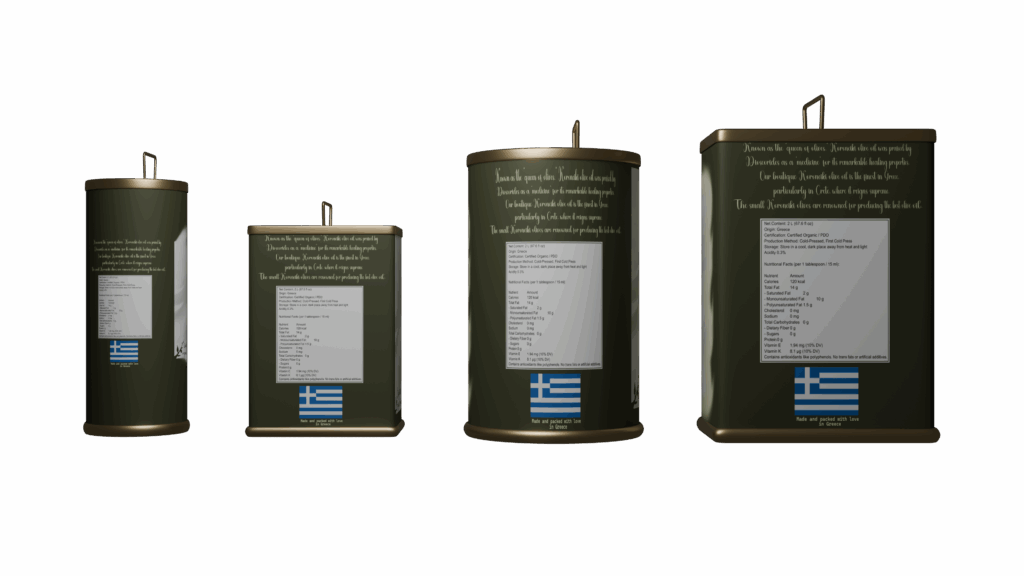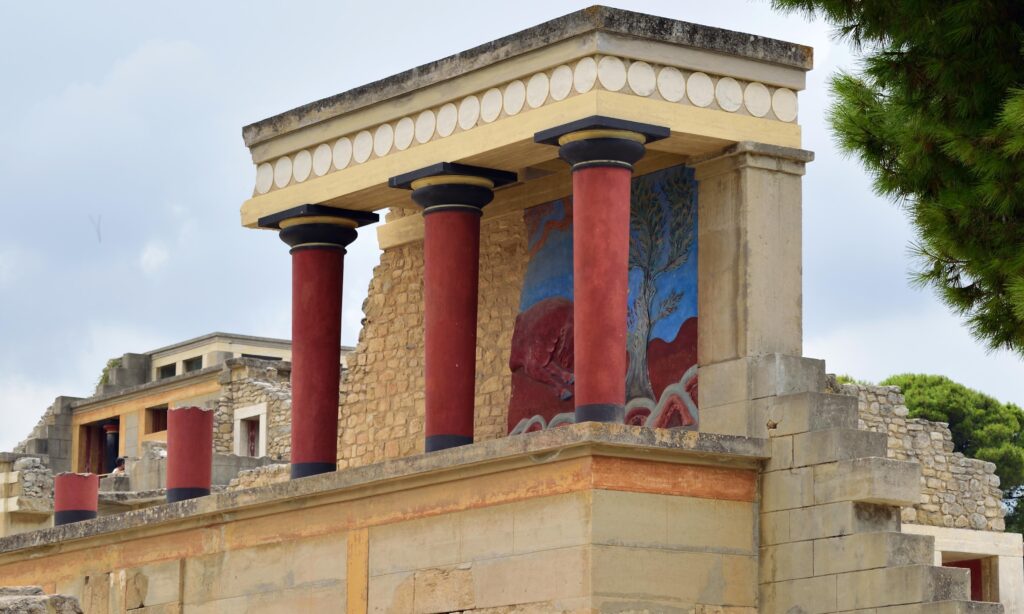Ολοκληρωμένος σαν ελιά
“Complete like an olive” this Greek idiom is the essence of olives and their oil in the Greek tradition.
Complete like an olive
Τhis Greek idiom is the essence of olives and their oil in the Greek tradition.
Knowing your food better results in understanding the culture standing behind it and gracefully respecting it.
Our brand is built on the value of sincere respect towards Mother Nature, as we aim to deeply understand nature’s elements in order to produce the best olive oil Mother Nature provides us with.

Oliva physis
Oliva physis is our brand name, while oliva is olive and stands for the beautiful olive trees that originated in Greece, “physis” stands for nature in the Greek language. We believe and support the cooperation between farmers who have grown their trees for decades and produce olive oil, and herbalists who have practiced the humoral medicine for over 30 years. This venture allows us to provide the best olive oil and its products from the widest range possible. Not only that we produce our olive oil with respect to the land, but we also understand how to treat and process it in the ultimate way, providing our customers with the healthiest olive oil, and sure do the tastiest one.
We live on the land, understand herbs and trees, and consider olive oil much more than a commodity; it is a way of life.

Greek olive oil
As herbalists, we know that each plant has its special growth area, which also requires certain soil, weather, and other factors. All those factors together work to bring out the plant’s different qualities. This is the essence of Greek medicine and the elemental philosophy that explains that each element influences the temperament of the plants.
Olives originated in the Eastern Mediterranean Area and were later introduced to other places in Europe and the Mediterranean. Greece and especially Crete have the earliest evidence of olive cultivation and genetic research for the cultivation of wild olives.

The famous Greek physician Dioscorides had described in detail the olives in Greece; the cultivated and the wild ones.
Crete is recognized as one of the earliest centers for the cultivation and domestication of olive trees, with archaeological evidence supporting this claim dating back to about 3000 BC.
Both Knossos and Phistos have archaeological evidence of oil production during the Minoan dynasty. Olives and olive oil were central to Minoan culture and religious practices. Olive oil was used in cooking, anointing, and as an item of trade. It played a vital role in the diet and daily life of the Minoans. Ancient Greek texts, such as those by Homer and Hesiod, reference the importance of olive oil and the olive tree, further establishing the long-standing cultural connection between the people of Crete and olives.
The most ancient olive tree is believed to be the Olive Tree of Vouves, located in the village of Vouves on the island of Crete. Its estimated age is above 2000 years.
Olive trees naturally grow in Greece with fewer diseases, therefore needing fewer pesticides and fertilizers. Traditional cultivation and professional harvesting provide the best olive oil quality, with fatty acids in just the right amount of Monounsaturated Fatty Acids, Polyunsaturated Fatty Acids, phenolic compounds, and vitamins E and K.
If you aim for a premium and original olive oil with no forgeries, which was even considered a medicine in ancient Greece due to its high quality, choose Greek olive oil.

